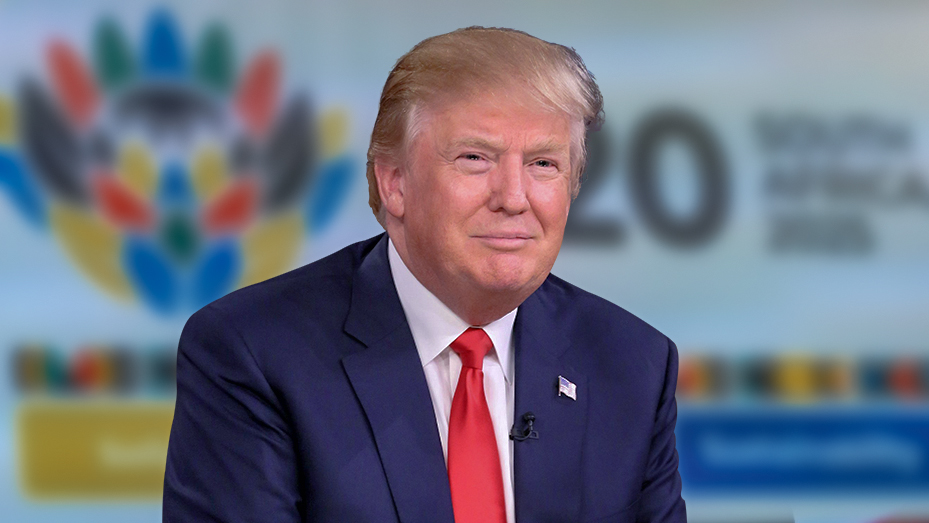U.S. President Donald Trump has pitched a dramatic shift in American policy towards Africa, emphasizing trade over aid in a recent meeting with five African leaders at the White House. Leaders from Gabon, Guinea-Bissau, Liberia, Mauritania, and Senegal were hosted for a business-focused mini-summit, where Trump touted the U.S. as a better partner for Africa than China.
“We’re shifting from aid to trade,” Trump declared, asserting that economic partnerships would offer more sustainable benefits than traditional development assistance. The meeting marks a renewed effort by Washington to counter growing Chinese influence across the continent, especially in natural resource sectors.
Trump’s remarks came despite criticism of his administration’s significant cuts to foreign aid and the shuttering of the U.S. Agency for International Development. Experts warn that these reductions could lead to devastating consequences, including up to 14 million additional deaths in Africa by 2030, according to The Lancet.
Nonetheless, the African leaders offered warm praise. Liberian President Joseph Boakai endorsed Trump’s “Make America Great Again” slogan and welcomed U.S. investment. Gabon’s President Brice Clotaire Oligui Nguema echoed this, stating, “We are not poor countries. We are rich in raw materials, but we need partners to help us develop them.”
In tandem with the summit, the U.S. International Development Finance Corporation pledged support for the Banio Potash Mine project in Gabon, aiming to reduce the country’s import reliance and strengthen bilateral trade ties.
While Trump claimed the U.S. treats Africa better than China, some African Union officials questioned the sincerity of that commitment. Concerns remain over “abusive” tariff proposals and visa restrictions that disproportionately affect African travelers. Critics also point to Trump’s controversial comments about Africa during his first term, and the administration’s confrontations with leaders such as South Africa’s Cyril Ramaphosa.
Still, Trump’s team insists that a focus on trade and investment aligns with the continent’s long-term interests. A broader summit may take place in September during the United Nations General Assembly, as both sides explore new ways to reshape a historically complicated U.S.-Africa relationship.

